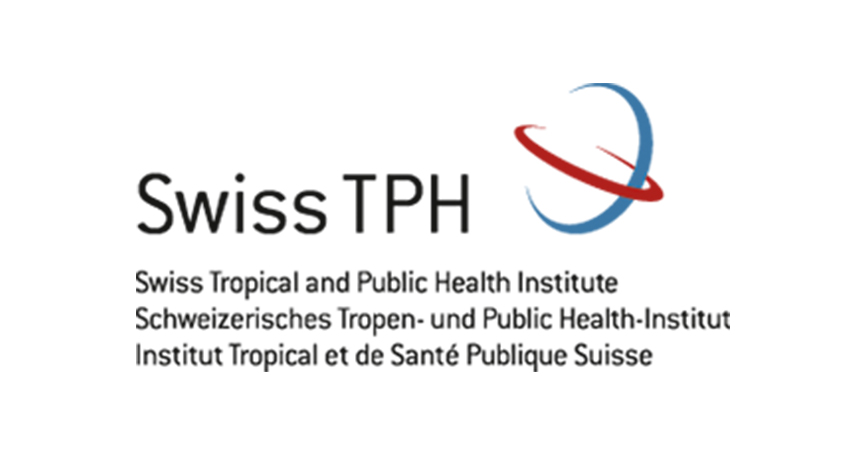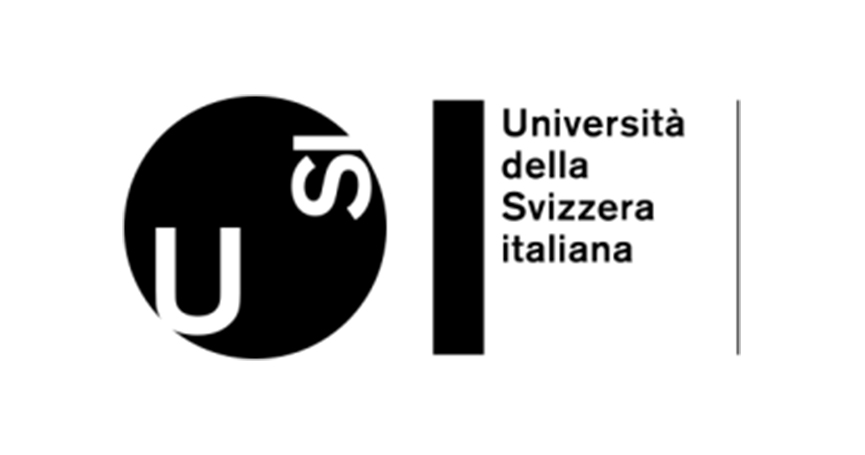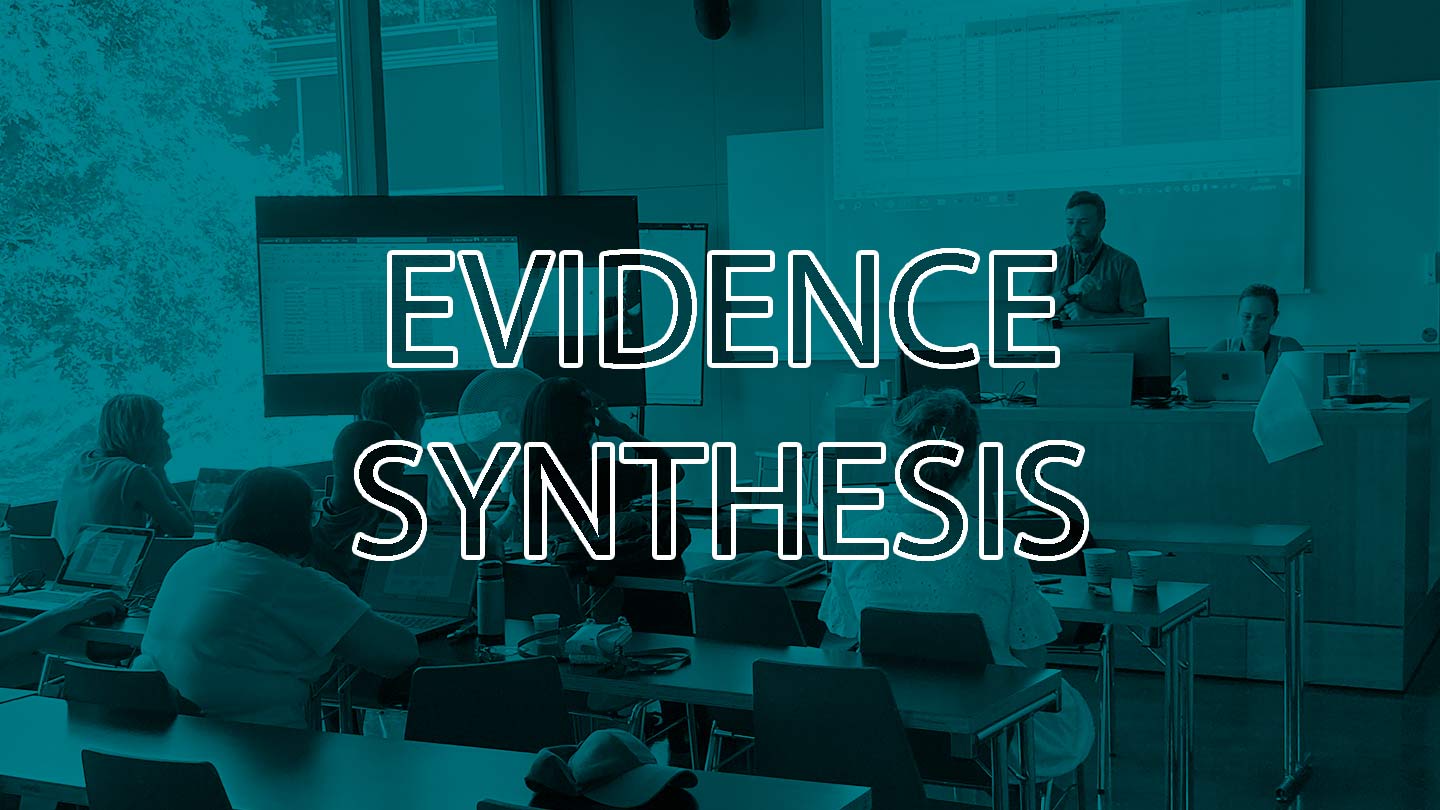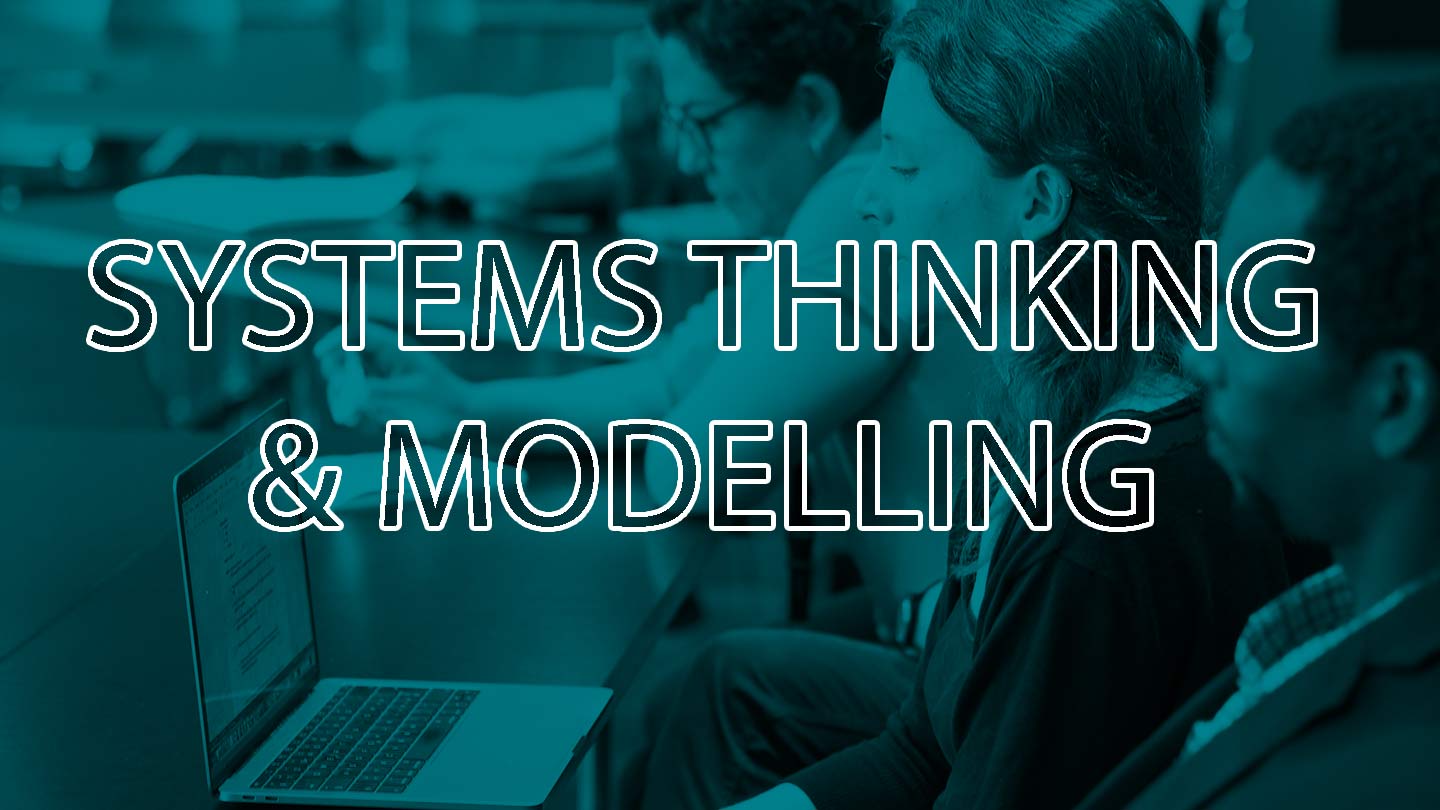Lugano Summer School in Public Health
We hope you will join us for our 33rd year of mutual learning for change. The 2024 Edition will be held from 19 to 24 August!
At the SSPH+ Summer School in Public Health Policy, Economics, and Management in Lugano, practitioners, researchers, and graduate students come together from all over the world for a unique learning experience focused on public health impact.

Summer School Programme
The focus on public health policy, economics, and management combined with the diversity of participants and facilitators has provided for a rich learning environment for over three decades so far.
Who is it for?
Professionals and managers of health administrations, hospitals, NGOs, and other health services and facilities, policy-makers, healthcare providers, and students.
What is it about?
We aim to reduce the gap between public health theory and practice. Based in Switzerland, facilitators, and participants from all over the world come together each year to exchange knowledge, experience, research and know-how, build networks and improve public health capacity and impact globally.
Where is it held?
This year our programme takes place both online and on-site in Lugano and a few hub locations around the world. See the course and plenary programme to learn more about options for participation in Lugano or online.
When does it take place?
For its 33rd edition, the summer school runs from 19 to 24 August 2024, offering 16 courses, 2 plenaries and several networking events.

Course and plenary sessions facilitated by experts from around the world
Meet the Faculty and the Steering Committee of the SSPH+ Lugano Summer School in Public Health Policy, Economics, and Management.

“Focused on mutual learning for change, we bring people together from across the globe.”
We've come a long way
We are proud of what we have been able to accomplish since our first programme launched back in 1991.
Courses and lectures since inception
Countries last year
Former and current participants worldwide
Courses offered in the 33rd Edition
Courses are offered online and/or on-site.
Courses are accredited by FMH.
Plenary lectures
Gain unique perspectives and insights on pressing public health challenges and potential solutions from experts working in practice, policy and academia in high-, middle- and low-income settings.

Hot topics discussed with experts
Learn about pressing subjects in today's public health ecosystem, gaining insights for practice, policy and research.
Live mutual exchange
All plenary sessions take place live, online and on-site and include an interactive Q&A session.
Open to the public
Everyone interested in participating is welcome to attend.







































